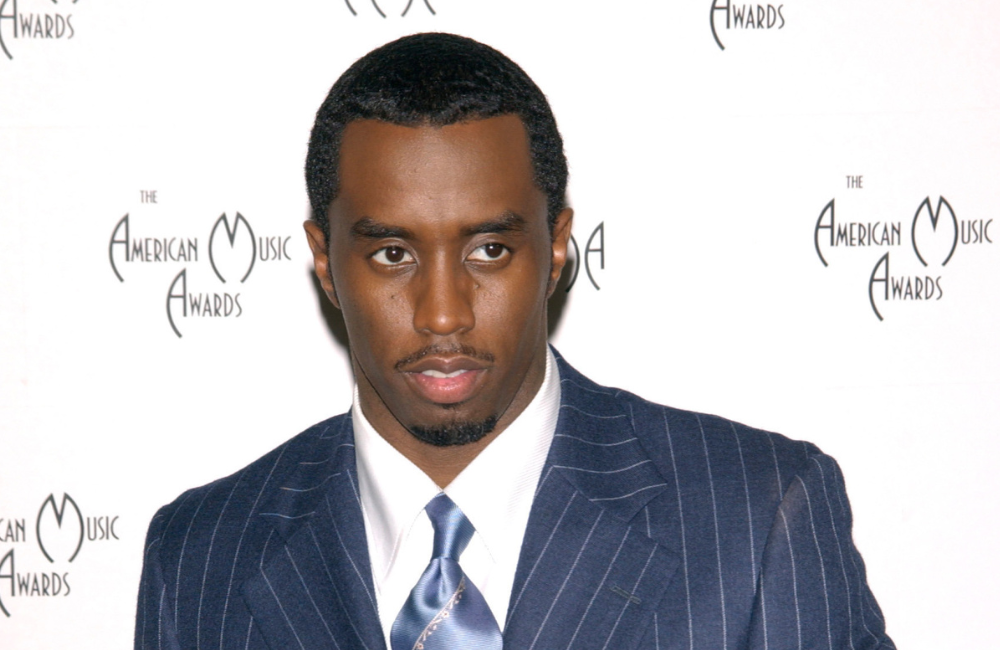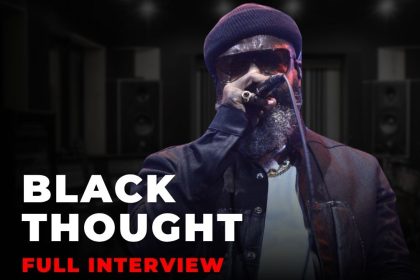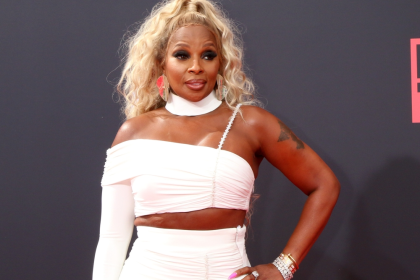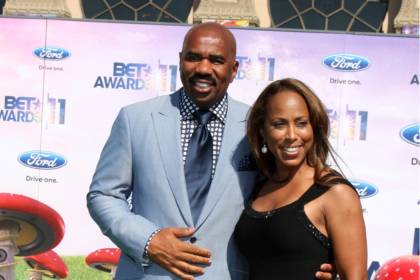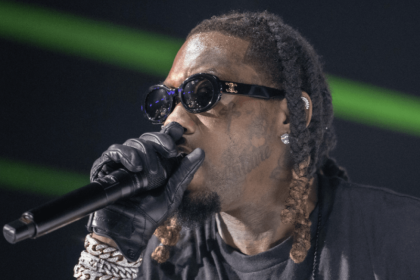Music mogul foregoes witness testimony as sex trafficking case nears conclusion
Sean Combs, the influential music producer known professionally as Diddy, has chosen not to present testimony in his high-stakes federal sex trafficking trial, marking a decisive moment as the criminal case approaches its conclusion. The 55-year-old entertainment executive confirmed his position during a critical hearing Tuesday before U.S. District Judge Arun Subramanian.
Combs faces serious federal charges that could result in a life sentence if convicted, including racketeering conspiracy, sex trafficking by force, fraud or coercion, and transportation to engage in prostitution.
Prosecution builds comprehensive case
Over six weeks of testimony, federal prosecutors have systematically constructed their argument against the Bad Boy Records founder, presenting evidence they claim demonstrates a pattern of criminal behavior spanning years. The government’s case has relied heavily on witness testimony from individuals who worked within Combs’ organization and those who allegedly experienced abuse firsthand.
Combs has pleaded not guilty to all charges. Prosecutors allege he operated a criminal enterprise that exploited women through manipulation, coercion and violence, using drugs such as ketamine and ecstasy, financial support or promises of career advancement. The allegations include claims that recordings of intimate encounters were used as leverage to ensure silence from alleged victims.
Defense strategy raises questions
The defense team’s decision to rest without calling witnesses has surprised many legal observers. This approach suggests either supreme confidence in their ability to discredit the prosecution’s case through cross-examination and closing arguments, or a calculated risk to avoid potentially damaging testimony.
His lawyers maintain any sexual interactions with alleged victims was consensual, arguing that violence and drug use do not make him a sex trafficker or racketeer. They have consistently challenged witness credibility and questioned motivations behind testimony, suggesting disgruntled former employees and individuals seeking financial gain have fabricated accounts.
Four accusers are expected to testify against Combs. The testimony from these individuals has formed crucial elements of the prosecution’s case, with each account allegedly supporting the broader narrative of systematic abuse.
High-stakes proceedings near conclusion
The trial has attracted intense media scrutiny due to Combs’ celebrity status and the serious nature of allegations. Legal experts note the unusual nature of both sides resting without the defense calling witnesses, placing enormous weight on closing arguments effectiveness.
This strategy requires the defense to rely entirely on cross-examination of government witnesses and their ability to present alternative interpretations during closing statements. The approach represents a high-risk gamble that could either demonstrate confidence in their case or prove costly if jurors expected additional defense evidence.
Industry implications and accountability
The case has emerged amid broader conversations about abuse of power in entertainment, following the MeToo movement and high-profile convictions of other industry figures. The outcome could influence how similar cases are investigated and prosecuted in the future.
Industry observers note that regardless of the trial’s outcome, proceedings have already impacted conversations about accountability and responsibilities of powerful entertainment figures. The detailed testimony and evidence have provided unprecedented insight into operations of a major music industry enterprise.
Verdict awaits as stakes remain high
As closing arguments approach this week, both sides will present final attempts to persuade the jury. The prosecution will likely emphasize consistency of witness testimony and documentary evidence, while the defense will focus on challenging accuser credibility and presenting alternative interpretations.
Combs faces a lengthy prison sentence if convicted on any charge. The potential consequences underscore the gravity of proceedings and life-altering implications for the music mogul who built a multi-million dollar empire spanning music, fashion and media.
The jury’s decision will determine Combs’ fate and could establish important precedents for how federal prosecutors approach similar cases involving powerful entertainment figures. The extensive resources devoted to this prosecution suggest federal authorities view this case as a significant test of their ability to hold influential figures accountable for alleged criminal conduct.
The conclusion of testimony marks a pivotal moment in proceedings that have captivated public attention and raised fundamental questions about power, accountability and justice within the entertainment industry.

